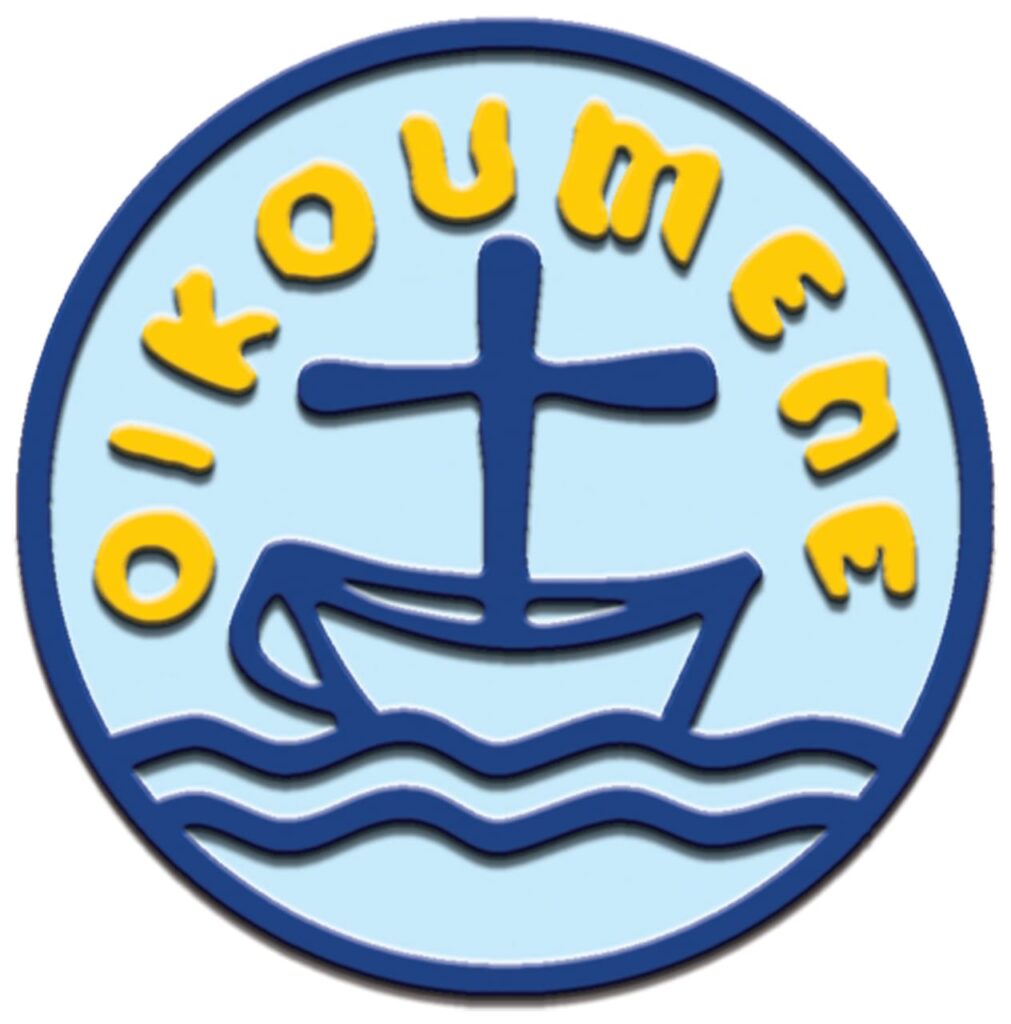With all the “wars and rumors of wars” (Matthew 24:6) these days, many Christians are wondering what God’s Word within the Holy Bible says to us about such things. In particular, with regard to Russia/Ukraine, Azerbaijan/Armenia, Iran/Israel, and China/Taiwan, is there a general guiding principle of Christian doctrine that we can draw upon in order to help us process all that’s going on in our world right now? For although Ukraine, Armenia, Israel and Taiwan are not perfect nations (no nation is), and they do not have completely innocent histories (no nation does), the Western democratic world is nevertheless rallying in support and defense of these countries who are fighting an existential struggle against adversaries who are seeking their utter destruction as free independent nations.
Lutheran Christians have traditionally followed the Two Kingdoms Doctrine in our understanding of the relationship of Church and State. Rooted in the Holy Scriptures, this doctrine affirms that God established two primary realms of societal order: 1) the kingdom of God’s right hand, and 2) the kingdom of God’s left hand. Simply put, the so-called kingdom of God’s right hand is the Church and the kingdom of God’s left hand is the State. Specifically, the kingdom of God’s left hand refers to the State’s God-given responsibility for law enforcement and military service for the sake of an orderly and peaceable society. As it says in Romans chapter 13, God has instituted the governing authorities “to bear the sword” (13:4) to exact justice upon the wrongdoer. As a result, Lutheran Christians have always honored the vocations of law enforcement and military service as God-ordained functions within society for the sake of good order. Therefore, the kingdom of God’s left hand (the State) is the realm of law, justice and peacekeeping; however, the kingdom of God’s right hand (the Church) is the realm of forgiveness, mercy and peacemaking. So ideally, with both peacekeeping on one hand and peacemaking on the other, the whole structure of human society functions and thrives.
Now, as we apply this Two Kingdoms Doctrine to what’s going on in our globalized world today, we can acknowledge the important role of our armed forces in defending democracy, liberty and commerce. For example, if there was no United States Navy defending freedom of navigation then the seaways would be strangled by authoritarian autocrats and pirate warlords. Consequently, since the end of WWII our governing authorities have worked to cooperate with other democratic nations of the world to maintain the most peaceful and prosperous era in human history (broadly speaking, of course).
On the other hand, the Church (the kingdom of God’s right hand) worships the Prince of Peace, so we always seek to faithfully exercise our role as peacemakers within our world according to the eternal principles of the gospel…
- “Blessed are the peacemakers, for they will be called children of God” (Matthew 5:9).
- “Love your enemies and pray for those who persecute you, so that you may be children of your Father in heaven” (Matthew 5:44-45).
We recognize that the kingdom of God’s left hand (the State) in its peacekeeping role and the kingdom of God’s right hand (the Church) in its peacemaking role are both essential. And we also recognize that people of faith who have been called into law enforcement or military service are uniquely positioned by God to operate within both realms, and they offer us a great bridge of understanding. For example, I proudly served in our armed forces in the USAF as a young man; however, as a Christian, I’m also called to be a builder of bridges for understanding and peace.
In the face of wars and rumors of wars in these times, we acknowledge the important role of our peacekeeping forces, but we Christians also continually seek peacemaking solutions and peaceful resolutions within our world — always looking toward the great and glorious Day of the Lord when “Death will be no more; mourning and crying and pain will be no more, for the first things have passed away” (Revelation 21:4).
And so, with one voice in universal chorus, we exclaim, “Amen! Come, Lord Jesus!” (Revelation 22:21).
In Christ’s Peace, Pastor Tim

